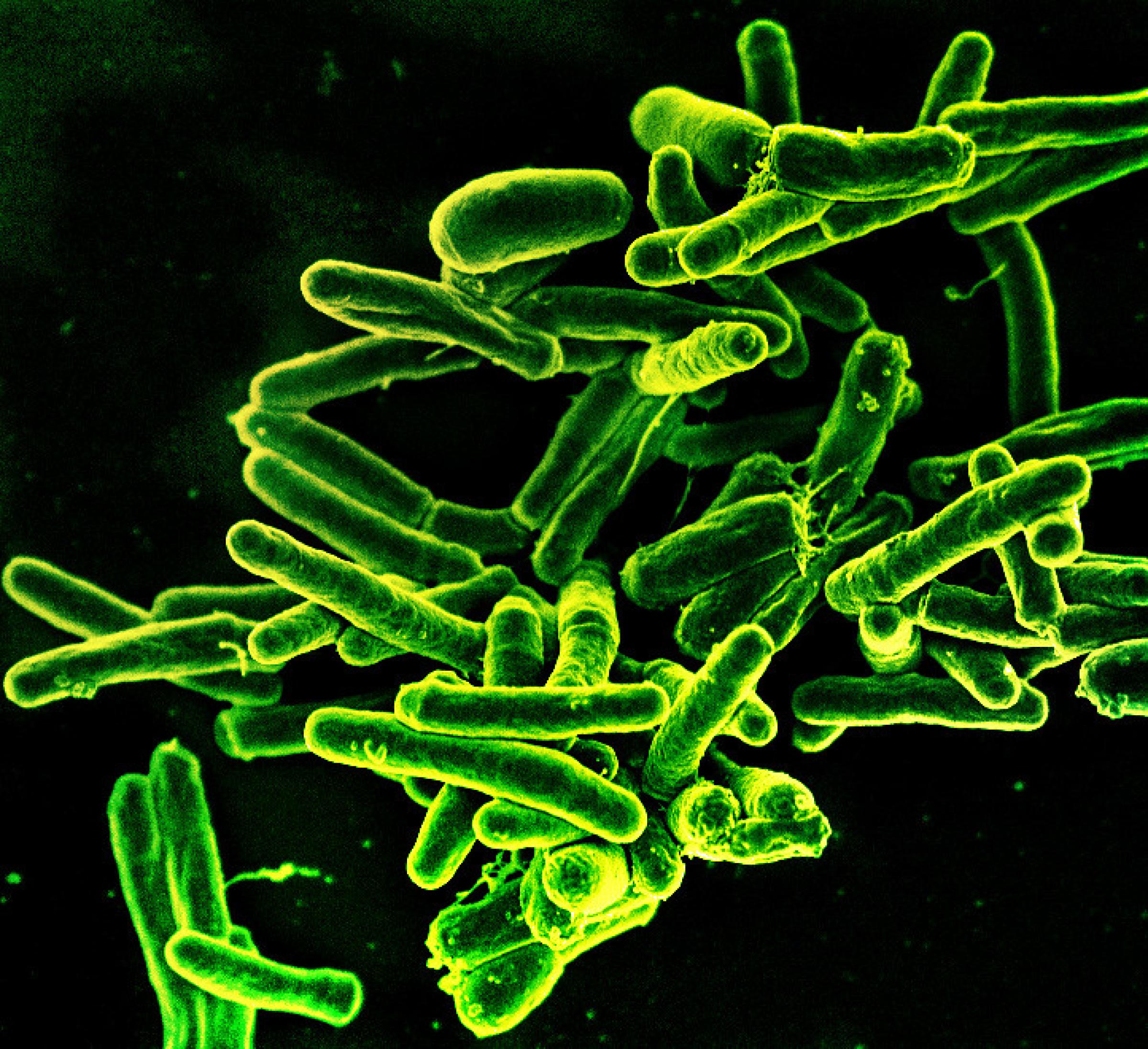NIAID is part of the global research community engaged in finding new ways to prevent tuberculosis (TB) disease in children and adults. In addition to developing new approaches for treatment of people who are infected but have not yet developed disease, researchers are also trying to understand how the TB bacterium interacts with its human host. Scientists are studying how the bacterium evades the immune system to infect people, how it can lay dormant for years and become active at a later stage in life, and why people can have TB disease more than once in their lives. This knowledge will help to find ways to develop vaccines that are able to prime the immune system to recognize Mycobacterium tuberculosis, prevent it from infecting people, or prevent latent infections from progressing to active TB disease.
An effective vaccine is considered to be one of the most essential tools needed to reduce this deadly disease worldwide. It is not only one of the most critical but also most challenging areas of science currently being pursued. NIAID is providing support to help identify and evaluate new candidate TB vaccines and immune-boosting vaccine adjuvants to prevent infection or disease and is evaluating the potential of synthetic vaccines to help shorten TB drug treatment regimens.
In addition, NIAID funds vaccine development, including preclinical animal studies and clinical research on those candidate TB vaccines that appear most promising. Several candidates that demonstrated protection against infection with M. tuberculosis in small animal models have entered human clinical trials. NIAID collaborates with other government agencies and pharmaceutical companies to assist in moving vaccine candidates towards clinical trials.



